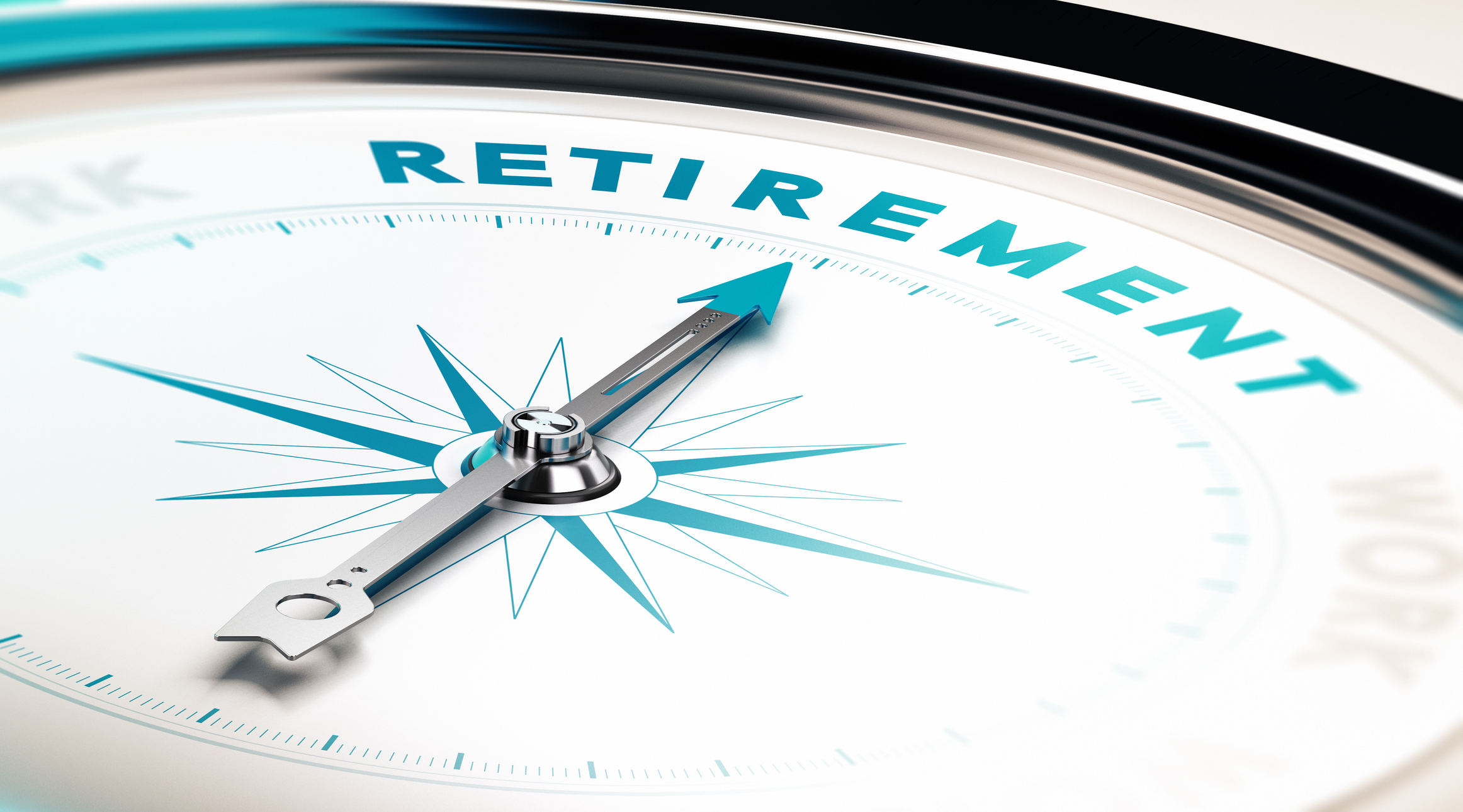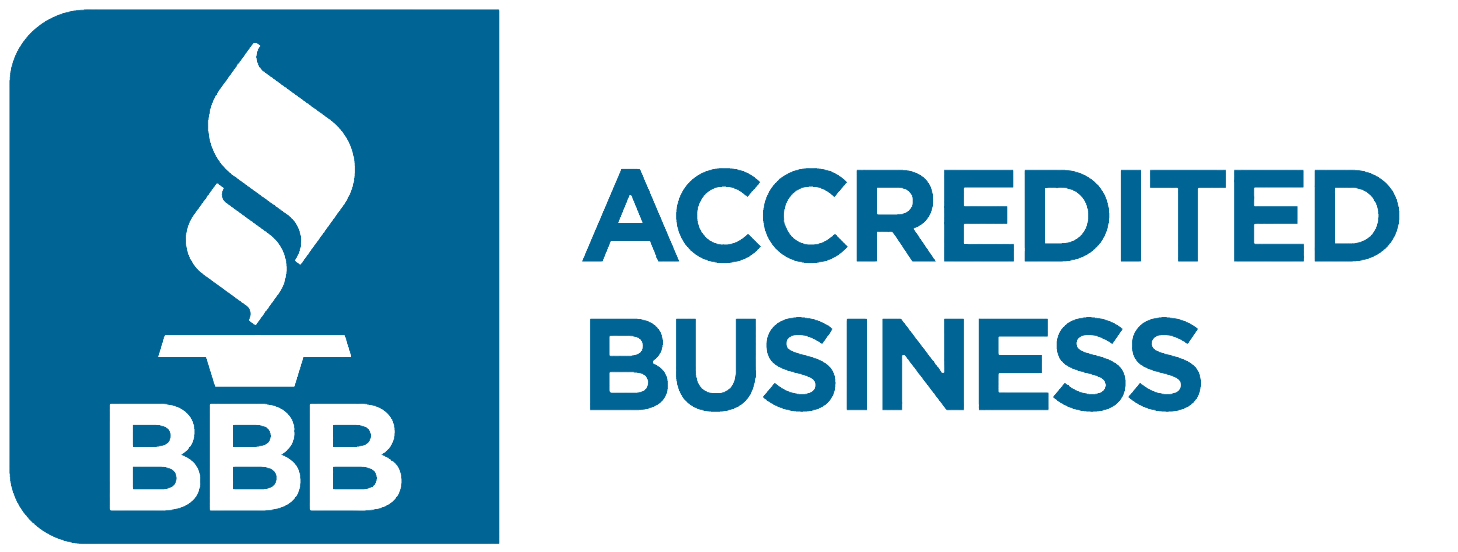Creating and Maintaining Generational Wealth in Retirement
In today’s fast-paced world, ensuring financial stability for future generations can be a daunting task. However, it is a common goal for retirees to create and maintain generational wealth in retirement. What better way to leave a legacy than to provide financial security? That’s why this article will provide valuable tips and insights to help [...]















